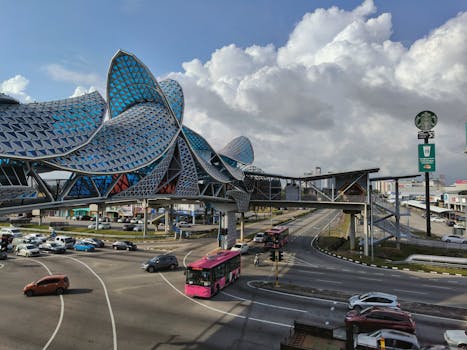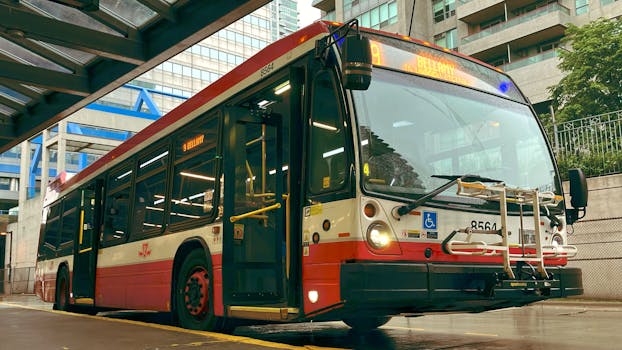
Smart Cities: Urban Trends for 2025 – A New Era of Sustainability
Smart Cities, the urban trends for 2025, are set to revolutionize the way we live, work, and interact with our environment. As the world becomes increasingly urbanized, cities are under pressure to provide sustainable, efficient, and livable spaces for their citizens. In this article, we will explore the latest trends and innovations in smart city development and what they mean for the future of urban living.
What are Smart Cities?

A smart city is an urban area that uses technology and data to create a more sustainable, efficient, and livable environment. This can include everything from smart energy grids and transportation systems to intelligent buildings and public spaces. The goal of a smart city is to improve the quality of life for its citizens while also reducing its environmental impact.
Key Trends in Smart City Development

So, what are the key trends in smart city development for 2025? Some of the most significant trends include:
- Increased use of IoT technology: The Internet of Things (IoT) is set to play a major role in smart city development, with everything from smart sensors and meters to intelligent streetlights and traffic management systems.
- Greater emphasis on sustainability: As concern about climate change grows, smart cities are placing a greater emphasis on sustainability, with a focus on renewable energy, green spaces, and reducing waste.
- More efficient transportation systems: Smart cities are investing in intelligent transportation systems, including smart traffic management, public transit systems, and bike-sharing schemes.
- Improved public services: Smart cities are using data and technology to improve public services, including healthcare, education, and public safety.
Examples of Smart Cities in Action

So, what do smart cities look like in action? Some examples include:
- Barcelona, Spain: Barcelona has implemented a range of smart city initiatives, including smart parking systems, intelligent streetlights, and a bike-sharing scheme.
- Copenhagen, Denmark: Copenhagen has set a goal of being carbon neutral by 2025 and is using smart city technology to achieve this, including smart energy grids and green roofs.
- Singapore: Singapore has implemented a range of smart city initiatives, including a smart transportation system and a national digital identity system.
Conclusion

In conclusion, smart cities are set to revolutionize the way we live, work, and interact with our environment. As the world becomes increasingly urbanized, it is essential that we create sustainable, efficient, and livable spaces for our citizens. By embracing the latest trends and innovations in smart city development, we can create a better future for ourselves and for generations to come.





